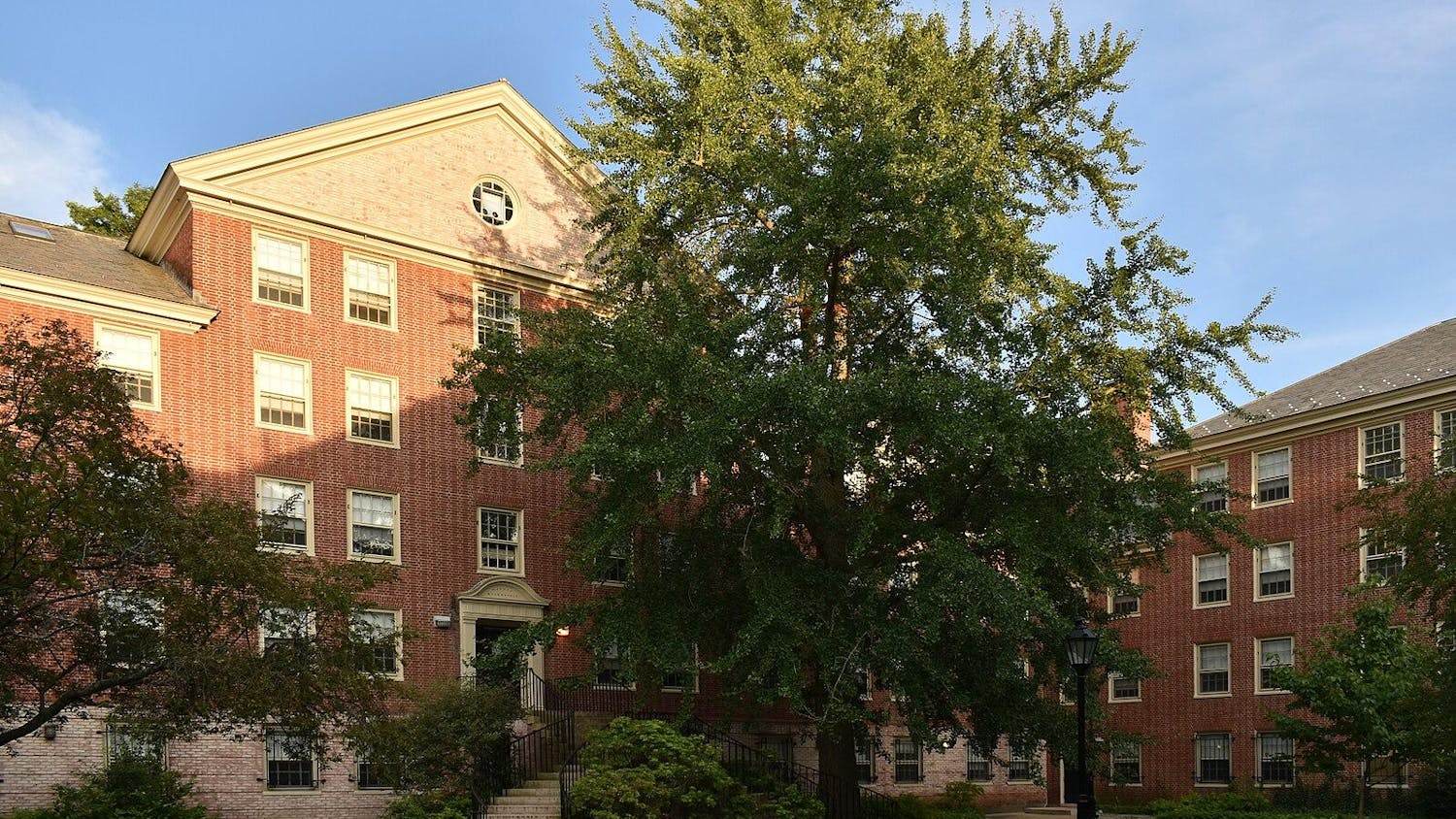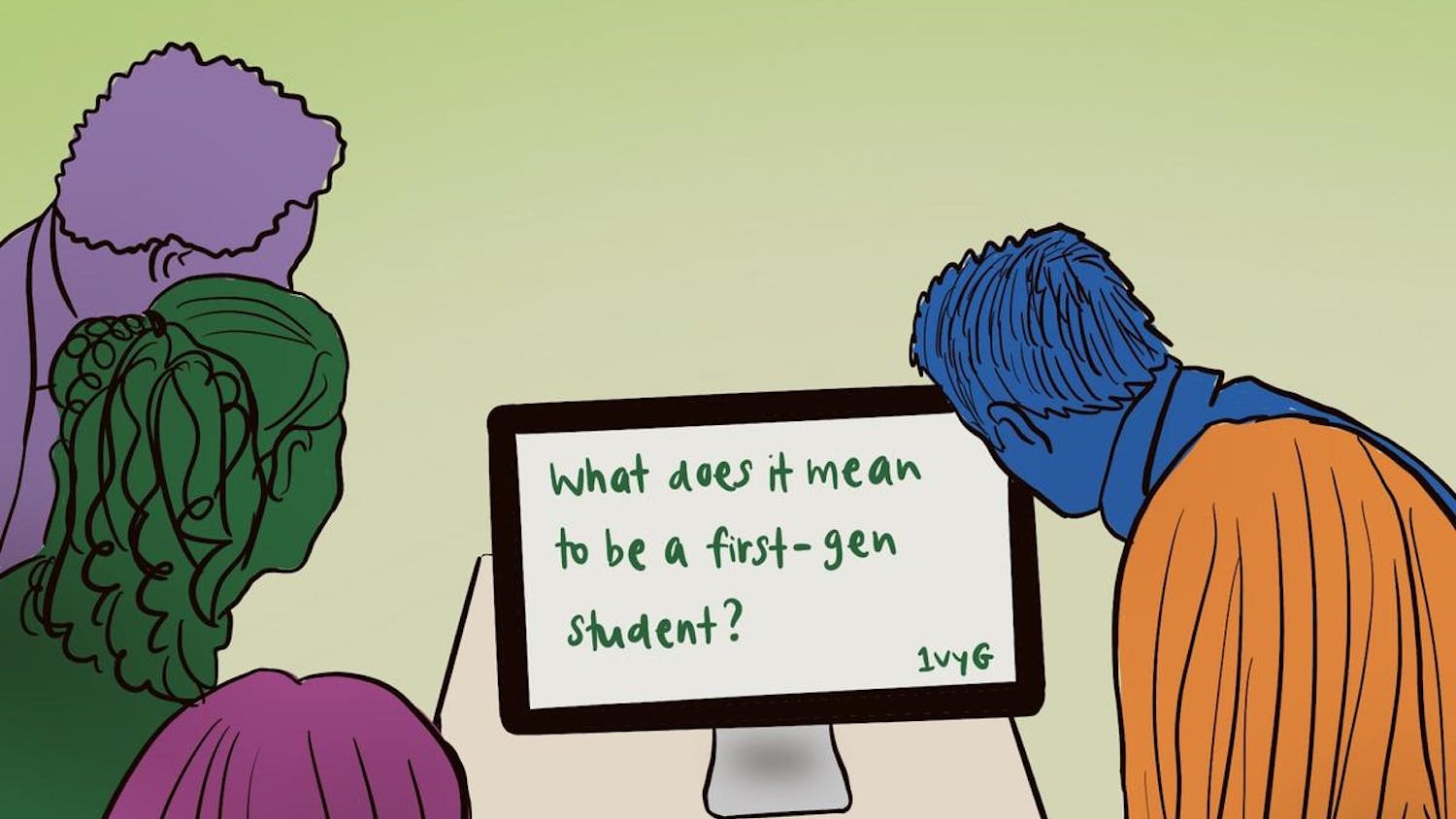Female union workers gathered last night to discuss their accomplishments in Providence and question the presence of gender inequalities in today's work force. Students and community members crowded into Salomon 202 for the panel, entitled "Stories of Working Women in Providence," presented by the Student Labor Alliance and Sarah Doyle Women's Center in celebration of Women's History Month.
Unlike most of the speakers planned for Women's History Month, the panelists represented women who do not necessarily come from high-income backgrounds, said Rebecca Rast '13.5, a member of Student Labor Alliance. Fellow member Beth Caldwell '12 added that a key goal of the panel was to contest the stereotype that labor movements are mainly composed of older males.
Panelists held mixed opinions on the subject of gender in the workforce. Though panelist Christine Ashley said she advocates for more women in positions of power because "women are kinder," Penina Posner '92, senior library specialist in the Rockefeller Library, said gender is not the problem with labor inequality. "I think it's about what's happening in society and how people are becoming disconnected with themselves," she said, adding that "shared experiences and not categorization" in a community context could provide a solution to labor disparities.
The panel's moderator, Brenda Carter, visiting instructor in American studies and Unite Here organizer, said men appear to remain at the forefront of the labor movement because, during the past few decades, union organization has been a matter of aggression and outspokenness rather than attainment of results.
Posner said she developed her passion for worker's rights while at Brown. "I had this urge to get into the working world," she said. She added that women's rights remain an issue even at Brown. "An inability to see the whole person still exists," she said.
Ashley, who came to the United States from Scotland at the age of 19 in 1959 to find work, cited contemporary society as an exacerbating factor for labor issues. "I don't see the kindness in society that there once was," she said. Mary Curtin, a paralegal for Rhode Island Legal Services, added that gender inequality remains problematic, providing the portrayal of women in present-day media as an example.
Curtin said it was crucial to note that the gradual disappearance of the phrase "working class" has contributed to a decline in appreciation for workers. Carter added that the terms "labor" and "union" remain surreal for most Americans, since only 7 percent of private sector workers are actually union members.
Despite the panelists' discussion of the disconnect between laborers and society, Ashley said she was heartened by the impressive turnout. "To me, you guys are the answer to everything," she said.




